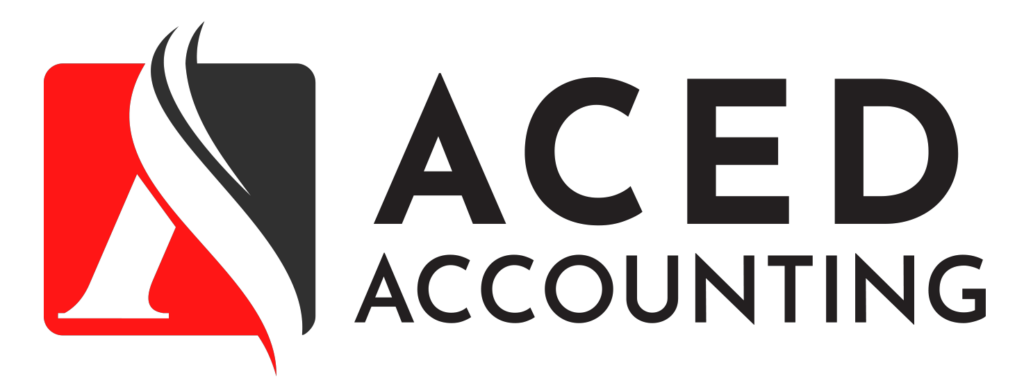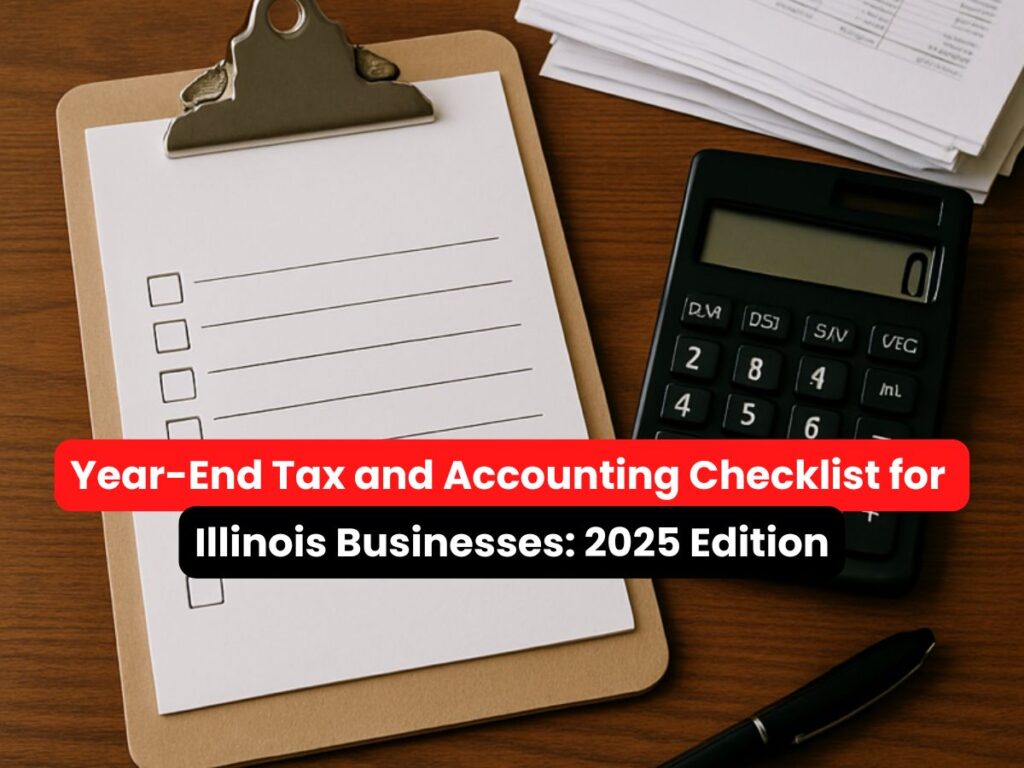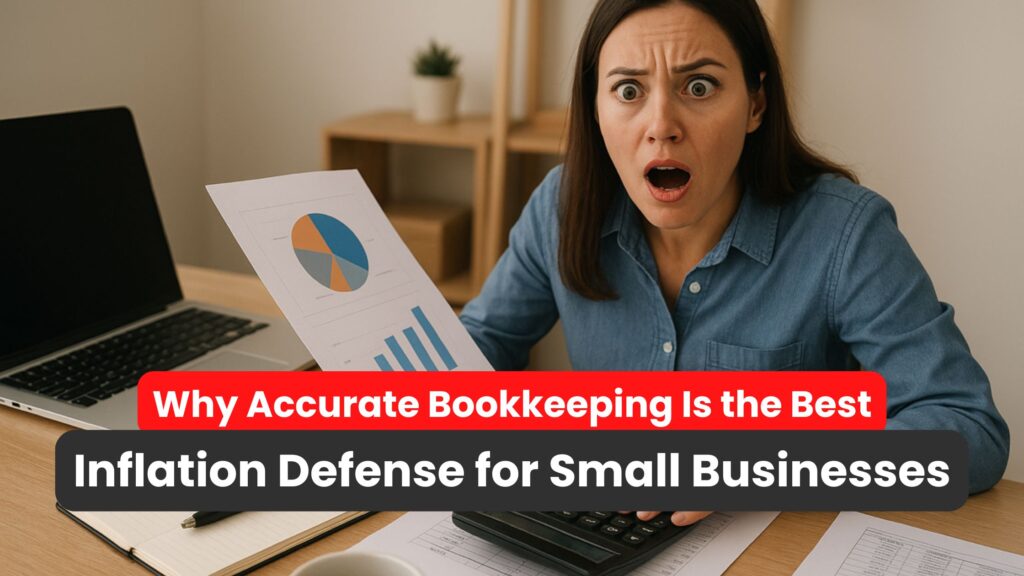Running a small business today is full of challenges. Costs are climbing, sales can fluctuate, and unexpected events often affect cash flow. In this environment, financial control is essential.
That’s where budgeting and forecasting come in. These two tools help you plan for the future, manage your money wisely, and stay ahead of financial surprises. Whether you run a neighborhood café or a growing online store, understanding your numbers gives you the power to make better business decisions.
Let’s break down how you can use these tools to protect your business and keep it moving forward.
Why Budgeting Matters for Small Businesses
A budget is not just a document for accountants. It’s a financial plan that shows how much money is coming in, how much is going out, and what’s left over.
For small-business owners, a good budget helps:
- Prevent overspending
- Keep track of financial goals
- Identify areas where you can cut costs
- Maintain healthy cash flow
When your books are up to date, you can clearly see what’s working and what needs attention. Budgeting helps you stay in control rather than reacting to financial problems later.
Tip: Regular bookkeeping updates make your budget far more accurate. Services like Aced Accounting can help you keep everything organized month after month.
Understanding Financial Forecasting
Financial forecasting means predicting what your future revenue, expenses, and profits might look like. You use real data from your bookkeeping records to estimate what’s coming next.
Forecasting helps you:
- Prepare for busy and slow months
- Make hiring and inventory decisions
- Plan marketing or expansion efforts with confidence
- Spot potential cash flow gaps early
It’s not about guessing. It’s about using your historical data to plan smarter. Even a simple spreadsheet forecast can help you avoid financial stress later.
How to Create a Simple Forecasting System
You don’t need expensive software to forecast effectively. You just need organized records and a few hours each month.
1. Keep Your Books Clean
Start with accurate financial data. Make sure all transactions are recorded, categorized, and reconciled.
2. List Your Income Sources
Include every source of revenue — sales, services, rentals, or commissions.
3. Separate Fixed and Variable Expenses
Fixed expenses (like rent and insurance) stay the same. Variable costs (like supplies or shipping) change with activity levels.
4. Estimate Future Income and Costs
Look at your past six months of data to estimate what you expect to earn and spend in the next six months.
5. Create Different Scenarios
Build three versions: best case, worst case, and realistic. This prepares you for both challenges and growth opportunities.
6. Review Monthly
Forecasts work best when reviewed often. Adjust your plan based on real results and stay flexible.
Example: A Chicago bakery tracks its monthly revenue and sees sales dip every February. Knowing this, they plan a Valentine’s promotion and reduce ingredient orders that month. The result is better cash flow and less waste.
Common Budgeting & Forecasting Mistakes
Avoid these common errors that can throw your plans off course:
- Overestimating revenue: Stay conservative with projections.
- Ignoring small expenses: Subscription tools and supplies add up.
- Not reconciling accounts: If your books don’t match your bank, your forecast is off.
- Skipping professional help: Accountants can catch errors and improve accuracy.
Even a small mistake can ripple through your business. Regular reviews and professional bookkeeping help you stay on track.
Turning Forecasts Into Business Decisions
Once your forecast is in place, it becomes a powerful decision-making tool.
Use it to:
- Plan when to invest or save
- Time your marketing campaigns
- Decide when to hire or expand
- Prepare for seasonal cash flow shifts
When your financial data guides your decisions, you reduce risk and increase stability.
For help setting up a budgeting and forecasting system that actually fits your business, reach out to Aced Accounting.
How Accountants Help You Stay Ahead
Many small-business owners in Chicago try to manage everything alone. But financial planning takes time and expertise.
An experienced accountant can help you:
- Create clear budgets and forecasts
- Interpret your financial reports
- Find hidden costs or inefficiencies
- Plan for taxes and compliance
- Save time through automation and software setup
Working with professionals ensures your financial data is not only accurate but also useful. It turns raw numbers into insights that drive better business performance.
How Aced Accounting Helps Small Businesses Thrive
At Aced Accounting, we help small-business owners in Chicago stay financially organized and future-ready. Our bookkeeping and forecasting services simplify the process so you can focus on what you do best — running your business.
We offer:
- Custom budgeting and forecasting solutions
- Clear monthly reports
- Expert advice on cash flow management
- Full accounting support for small businesses
Whether you’re just starting out or looking to grow, we’ll help you build a strong financial foundation.
👉 Visit AcedAccounting.com to learn how we can help your business stay ahead, even in uncertain times.
Conclusion
Uncertain times are challenging, but a solid budget and forecast can make all the difference. When you understand where your money goes and plan for what’s ahead, you gain control and confidence.
Start small, track your numbers, and make adjustments often. And if you need guidance, partnering with an experienced accounting firm like Aced Accounting can give you the clarity you need to grow steadily.
With the right plan and the right support, your business can face uncertainty with confidence and keep moving forward.








